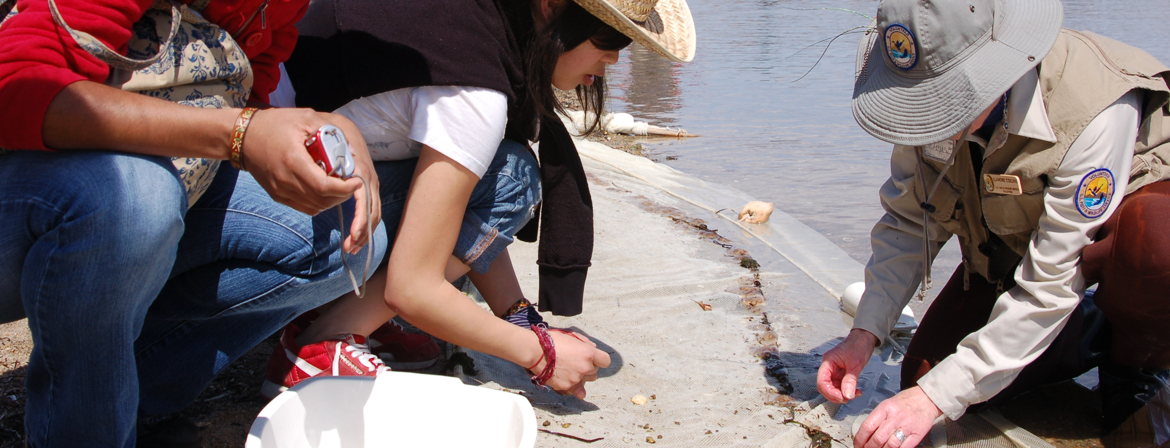Information and Energy Conservation
Seligman, C. (1985). Information and energy conservation. Marriage and Family Review, 9, 1-2, 135-149.
Applying Social Psychology to Desegregation and Energy Conservation. Special Issue: Illustrating the Value of Basic Research
Aronson, E. (1990). Applying social psychology to desegregation and energy conservation. Special Issue: Illustrating the value of basic research. Personality and Social Psychology Bulletin, 16, 1, 118-132.
The Effect of Imagining an Event on Expectations for the Event: An Interpretation in Terms of the Availability Heuristic.
Carroll, J. S. (1978). The effect of imagining an event on expectations for the event: An interpretation in terms of the availability heuristic.. Journal of Experimental Social Psychology, 14, 1, 88-96.
Promoting Energy Conservation in University Dormitories by Physical, Policy and Resident Behavior Changes
McClelland, L. & Belsten, L. (1979). Promoting energy conservation in university dormitories by physical, policy and resident behavior changes. Journal of Environmental Systems, 9, 1, 29-38.
Effects of Television Modeling on Residential Energy Conservation
Winett, R. A., Leckliter, I. N., Chinn, D. E., Stahl, B., & Love, S. Q. (1985). Effects of television modeling on residential energy conservation. Journal of Applied Behavior Analysis, 18, 1, 33-44.
Is a Residential Relocation a Good Opportunity to Change People's Travel Behavior?: Results From a Theory-Driven Intervention Study
Bamberg, S. (2006). Is a Residential Relocation a Good Opportunity to Change People's Travel Behavior?: Results From a Theory-Driven Intervention Study. Environment and Behavior, 38(6), 820-840.
Utilizing a Social-Ecological Framework to Promote Water and Energy Conservation: A Field Experiment
Kurz, T., Donaghue, N., & Walker, I. (2005). Utilizing a social-ecological framework to promote water and energy conservation: A field experiment. Journal of Applied Social Psychology, 35(6), 1281-1300.
The Baby is Sick/the Baby is Well: A Test of Environmental Communication Appeals. Special Issue: Green Advertising
Obermiller, C. (1995). The baby is sick/the baby is well: A test of environmental communication appeals. Special Issue: Green advertising. Journal of Advertising, 24, 2, 55-70.
Changing Behavior with Normative Feedback Interventions: A Field Experiment on Curbside Recycling
Schultz, P. W. (1999). Changing behavior with normative feedback interventions: A field experiment on curbside recycling. Basic and Applied Social Psychology, 21, 1, 25-36.
Opinion Change in the Advocate as a Function of the Persuasibility of his Audience: A Clarification of the Meaning of Dissonance
Nel, E., Helmreich, R. & Aronson, E. (1969). Opinion change in the advocate as a function of the persuasibility of his audience: A clarification of the meaning of dissonance. Journal of Personality and Social Psychology, 12, 117-124.



